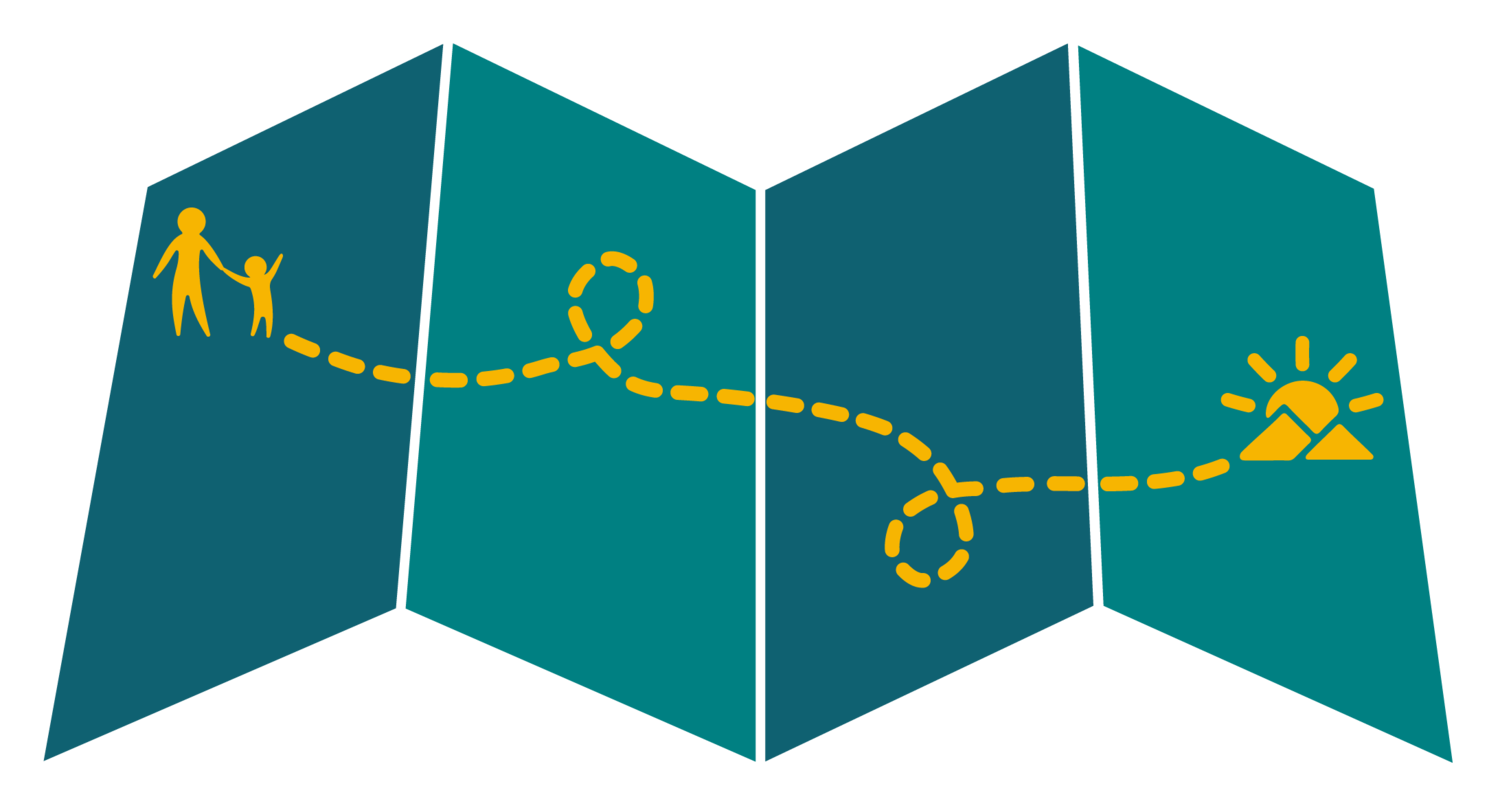Resources for Making Change: Trauma Recovery for Youth Involved in Juvenile Justice
Professionals working in juvenile justice weigh in one last time on why they do this work, what trauma informed interventions have worked well, and what comes next. CTRJJ Co-Director Keith Cruise explains how we can support juvenile justice professionals who are trying to make change.
Embracing a Public Health Approach to Juvenile Justice: And, Not Or
In order for juvenile justice institutions to restore trust between youth and adults and to transform the lives of justice-involved youth, they will need a multi-system, preventative, Public Health approach. Youth need more than just punitive accountability. They need integrated support from every system they interact with that addresses their needs and traumas and helps prepare them for a brighter future.
A Bus and a Budget: Equitable Education in Juvenile Justice
According to education professionals in the juvenile justice system, to help justice involved youth imagine and actualize new futures for themselves, the whole system needs to prioritize providing education funds, resources, and committed teachers and staff who believe in their students.
Youth Exist within Families: Supporting Caregivers & Siblings
Youth involved in the juvenile justice system are not just individuals; they are part of complex families who are uniquely impacted by the justice system alongside them. In this episode, siblings and caregivers explain the financial, emotional, physical, and social challenges of the juvenile justice system and the ways practitioners in the system can support them.
Crisis Intervention: Supporting Neurodivergent Youth
Many neurodivergent youth get caught up in the juvenile justice system as a response to their moments of crisis, or simply because of differences in their behavior. This episode considers the experiences of neurodivergent youth and their families in the juvenile justice system, and how crisis intervention on their behalf should focus on preventing harm, not punishing difference.
Trauma in the Body: A Biopsychosocial Approach
Trauma is stored in the body and expressed through the senses, so professional interventions need to look beyond behavior to take care of the whole person through a biopsychosocial approach.
Credible Messengers: “Are You for Real, for Real?”
In the juvenile justice system, context is everything. Whether as professionals we show up with a deep understanding of the socio-political context of the youth, or we bring in and support “credible messengers” with shared lived experience as the youth, authenticity is key. "Irrationally caring adults," as Professor Kristin Henning describes them, can make all the difference in youth outcomes.
Words Matter: Communication & Transparency
Making change in the juvenile justice system can be as simple, and as difficult, as making time to describe in plain language why a decision was made, pausing a meeting to ensure everyone at the table agrees with what a word means, and reflecting on the impact our word choice may have on a youth or families conception of themself. This episode provides examples and reflections on how to improve communication and transparency in juvenile justice settings. This episode provides examples and reflections on how to improve communication and transparency in juvenile justice settings.
Beyond Screening & Assessment: Listening with Eyes and Ears
The long term success of youth involved in the juvenile justice system depends on professionals seeing them as whole people, with families and goals and complicated circumstances, and understanding the broader social context in which these youth ended up in the system. In this episode, mental health experts, social workers, and other juvenile justice professionals describe the tools and interventions needed to make that possible.
Change that Sticks: Implementation Science & Staff Retention
Investing in the people who work in the juvenile justice system is a vital component of system-wide improvement. Learn how juvenile justice professionals are using implementation science, reflective leadership, and other tools to make trauma-informed practices the standard for working with youth in the system.
Fostering Cross-System Collaboration: It Takes All of Us
Experts at every level of the juvenile justice system - from caseworkers and trauma psychiatrists to country judges and state-level decision-makers - weigh in on how to facilitate system-wide change through collaboration and trust, and how to communicate to youth at every step that someone is on their side and won't let them fail.
Introducing: Roadmap for Change
Roadmap for Change dives into the pressing need for transformation within the juvenile justice system—a system that often falls short in meeting the needs of youth. Many of us working in and around the field understand the power of trauma-informed care, but breaking old mindsets and creating true, system-wide change is no easy feat.















